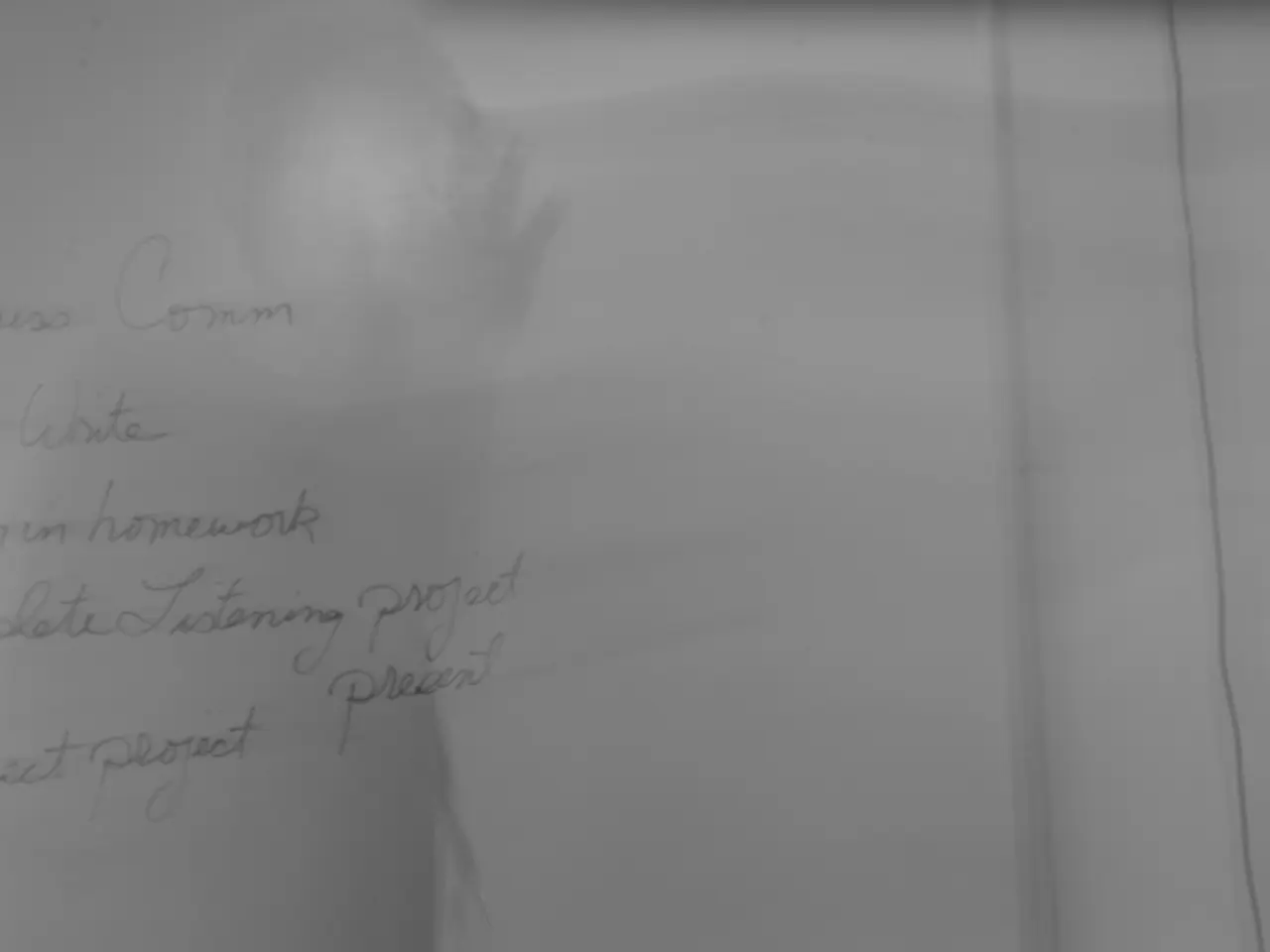Iran's National Security Advisor, Larijani, resumes post amid heightened regional tensions and ongoing discussions with the U.S.
Ali Larijani, a seasoned moderate conservative with extensive experience in Iranian security and nuclear policy, has been appointed as the Secretary-General of the Supreme National Security Council (SNSC) of Iran. This significant move comes amid heightened regional tensions and internal challenges.
Larijani replaces General Ali Akbar Ahmadian, a Revolutionary Guards general, in the role. The appointment was made at a time when the SNSC is dealing with the fallout from a 12-day Israel-led war in June, which targeted Iranian nuclear and military sites, escalating regional tensions.
As the Secretary-General, Larijani is tasked with overseeing the implementation of the council’s defense and security decisions, which are subject to final approval by Supreme Leader Ayatollah Ali Khamenei, who also recently appointed Larijani as his personal representative to the SNSC.
Larijani’s moderate reputation, previous leadership of Iran’s nuclear talks, and his backing of the 2015 nuclear agreement signal an attempt by the regime to adopt a more pragmatic and potentially conciliatory security approach. This could be aimed at recalibrating Iran’s posture without major concessions, especially in the nuclear arena.
In parallel, Khamenei established a new Defense Council to enhance national defense coordination, appointing military and security figures including Ahmadian and Ali Shamkhani as his representatives there. This suggests a structural reevaluation of Iran’s defense leadership in response to recent security challenges.
The potential thaw in relations with the United States is a factor in this strategic shift, as well as the internal political crises and international isolation that Iran currently faces. Larijani’s long tenure as Speaker of Parliament and his reputation for maintaining ties across Iran’s political spectrum add weight to the decision.
Meanwhile, in Lebanon, Hezbollah’s Deputy Secretary-General Naim Qassem announced refusal to set a timeline for handing over Hezbollah’s weapons, citing ongoing "Israeli aggression." The Lebanese government has convened discussions about limiting arms to the state, signaling increased domestic pressure to rein in armed groups.
These developments indicate overlapping domestic, regional, and international calculations shaping security policy in the Middle East. Larijani’s leadership may bring a more strategic, less hardline approach to Iran’s security decision-making, potentially influencing Iran’s regional behavior by blending internal cohesion efforts with cautious diplomacy. However, as the SNSC decisions require Khamenei’s approval, Larijani’s impact will also depend on the Supreme Leader’s ultimate directives amidst ongoing regional instability and international sanctions.
[1] The New York Times
[2] Reuters
[3] Al Jazeera
[4] The Washington Post
[5] The Guardian
- The appointment of Ali Larijani as the Secretary-General of Iran's Supreme National Security Council (SNSC) amid regional tensions and internal challenges suggests a shift in politics towards a more pragmatic approach, as reported by various general news sources such as The New York Times, Reuters, Al Jazeera, The Washington Post, and The Guardian.
- The ongoing war-and-conflicts in the region, including the Israel-led June war, have led to a reevaluation of Iran's defense leadership, with Larijani overseeing implementation of security decisions while also dealing with diplomatic relations, as noted in reports from news outlets including The New York Times, Reuters, Al Jazeera, The Washington Post, and The Guardian.








